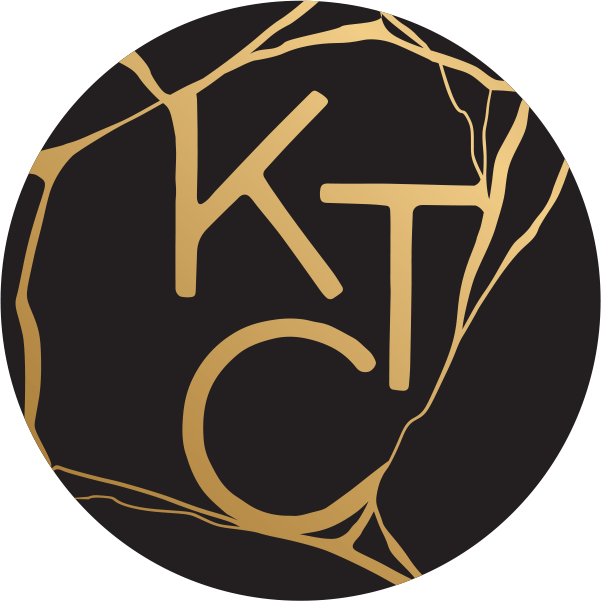FAQ
-
Kintsugi is the Japanese art of repairing broken pottery with lacquer combined with precious metals. The intention of this method is to highlight the beauty of brokenness and repair, identifying both as important aspects of the history of the object, rather than flaws to hide or disguise. The significance of kintsugi has roots in wabi-sabi, the Japanese philosophy of radical acceptance of the inherent nature of imperfection in life. With kintsugi, by emphasizing the cracks in the repair process, there is a valuing of the wear of an object and a recognition that being broken is simply a part of its story, rather than its end.
Kintsugi as metaphor has been a touchstone in Onyx’s work with folks impacted by chronic illness, disability, mental illness, trauma, and oppression. As a mixed-race Japanese American, Onyx holds these concepts as foundational to the perspective they bring to their practice. Asher's lived experience as someone whose body exists at the intersection of trauma, chronic illness and queerness also deeply resonates with the concept of "emphasizing [and tending to] the cracks in the repair process." That being said, Asher operates from a space of immense privilege as a white person and they bring to this collective an ongoing practice of interrogation into the way internalized white supremacy permeates their clinical and business decisions.
-
KTC is built on the belief that the vulnerability of practitioners is a value, not a deficit, to offering attuned and embodied care;
KTC centers and values care works who acknowledge and are committed to healing their own suffering, with expansive thinking about and active undoing of the harm caused by the well provider/unwell patient binary expectation in mental health and wellness fields;
KTC offers reality-based business consultation that is grounded in embodied practice, with a focus on sustainability;
KTC builds valuable, enduring connection and community between like-minded colleagues;
KTC offers a reciprocal network in which those seeking care can access a database of practitioners dedicated to liberatory care practices;
KTC also offers care workers access to a robust network, as well as opportunities to lead groups and publish with that same liberatory ethos at the core. -
Membership begins with enrollment in a yearlong Embodied Private Practice Cohort . All alums maintain evergreen access to the KTC virtual space.
-
You can listen to several of our members describe and discuss their experiences of being participants in the yearlong Embodied Private Practice Cohort in this podcast.
You can read testimonials about Embodied Private Practice Cohort and Mending With Gold — just scroll to the bottom of each page.You can also refer to our Instagram and Facebook for additional content.
